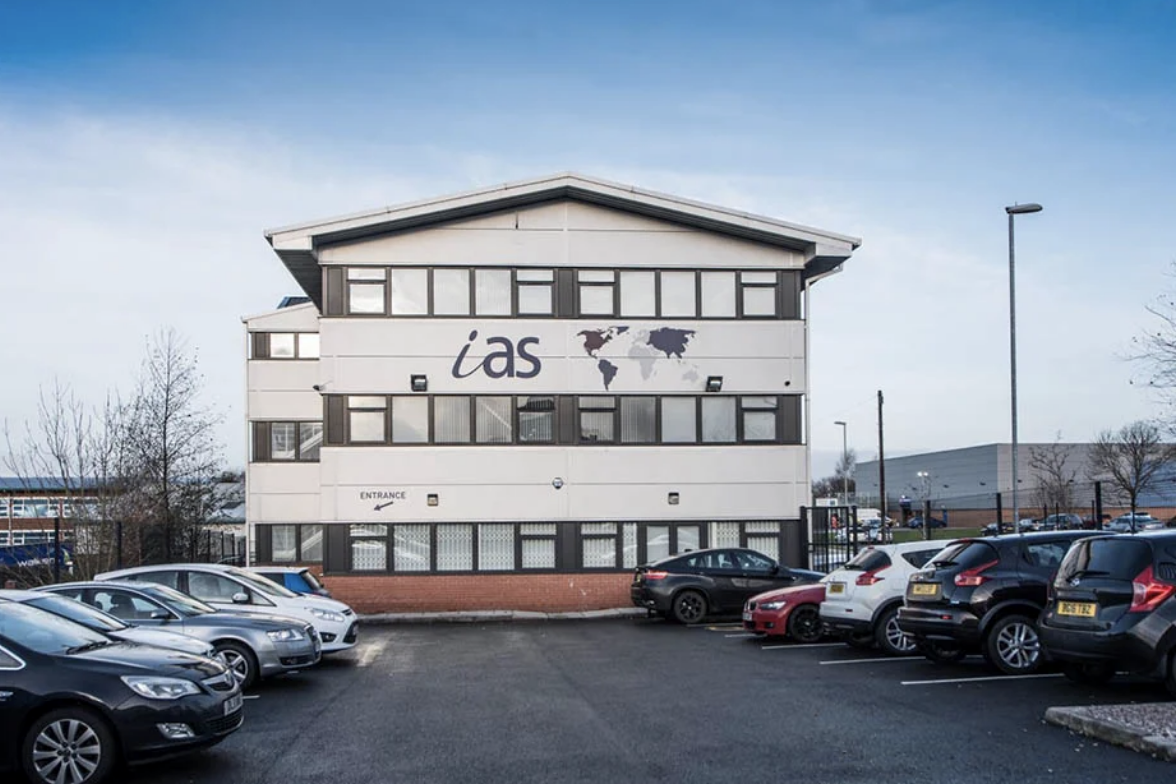By Holly Barrow, published Aug 1, 2020 by CELDF
CELDF Editor’s Note: The United State’s system of racist mass incarceration serves to control the political wishes of the American people. The immigration detention and deportation pipeline denies political rights to people who live in the country, and expels them from the collective political community. At the Community Environmental Legal Defense Fund, we root our work on the community level, and have helped develop defiant local law to afford all prisoners and detainees enforceable civil rights, and laws to ban immigration detention centers outright. We are excited to publish this guest blog, by Holly Barrow, a political correspondent for the Immigration Advice Service, an organization of immigration attorneys based in the UK and the US.
The Black Lives Matter movement is taking the world by storm. Law enforcement in the U.S. has become synonymous with police brutality having devastating repercussions on Black communities in particular for decades. In fact, the history of America’s criminal justice system provides damning insight into why and how systemic racism is so deeply embedded within systems of punishment.
From the 13th Amendment loophole, to the War on Drugs, Black people have been disproportionately targeted and criminalized under what is a highly racialized system of “justice.” The 13th Amendment loophole, helped develop America’s paradigm of incarceration. It reads: “Neither slavery nor involuntary servitude, except as a punishment for crime whereof the party shall have been duly convicted, shall exist within the United States.” This exception — “punishment for crime” — essentially allows for those convicted to be treated as slaves; whether through their labor, the conditions they are made to live in or their dehumanization as property of the state.
This loophole has served as a convenient, exploitative tool that has helped facilitate the country’s racialized carceral state,, constructing a thinly veiled, socially acceptable form of slavery. However, the prison-industrial complex as we now know it also stems from Richard Nixon’s War on Drugs, whereby Black communities were ravaged under the guise of “protecting the public.” Nixon’s aide, John Ehrlichman later admitted that the War on Drugs was a carefully crafted strategy throughout the presidential campaign, as he revealed: “We knew we couldn’t make it illegal to be either against the war or Black, but by getting the public to associate the hippies with marijuana and Blacks with heroin, and then criminalizing both heavily, we could disrupt those communities.” The impacts on Black and low-income communities have proven dire. Mass incarceration is political.
Throughout the War on Drugs, mass incarceration became the norm with the number of people incarcerated escalating from 300,000 to today’s 2.3 million. Two-thirds of those in prison for drug offenses are people of color; African American adults are 5.9 times as likely to be incarcerated as white people, with one in every three Black boys born in 2001 expected to go to prison in his lifetime.
Racism at the heart of the criminal justice system is blindingly clear which is why calls to dismantle the prison-industrial complex are at the fore of the Black Lives Matter movement. The ever growing corporatization of prisons — with its overlapping interests of government and industry — is continuing to build upon the mass incarceration of predominantly people of color. Private, for-profit prisons have only further blurred the lines between justice, social protection and financial gain.
Police departments are actively incentivized to make arrests, with officers aware that fewer arrests leads to less funding and expenditure on policing. This, combined with sentences that have become increasingly punitive and lengthy, sees individuals placed behind bars for decades. With an estimated $182 billion spent on incarceration each year in the US, many have developed vested interests in sustaining and growing this oppressive system.
Read the full blog HERE.

